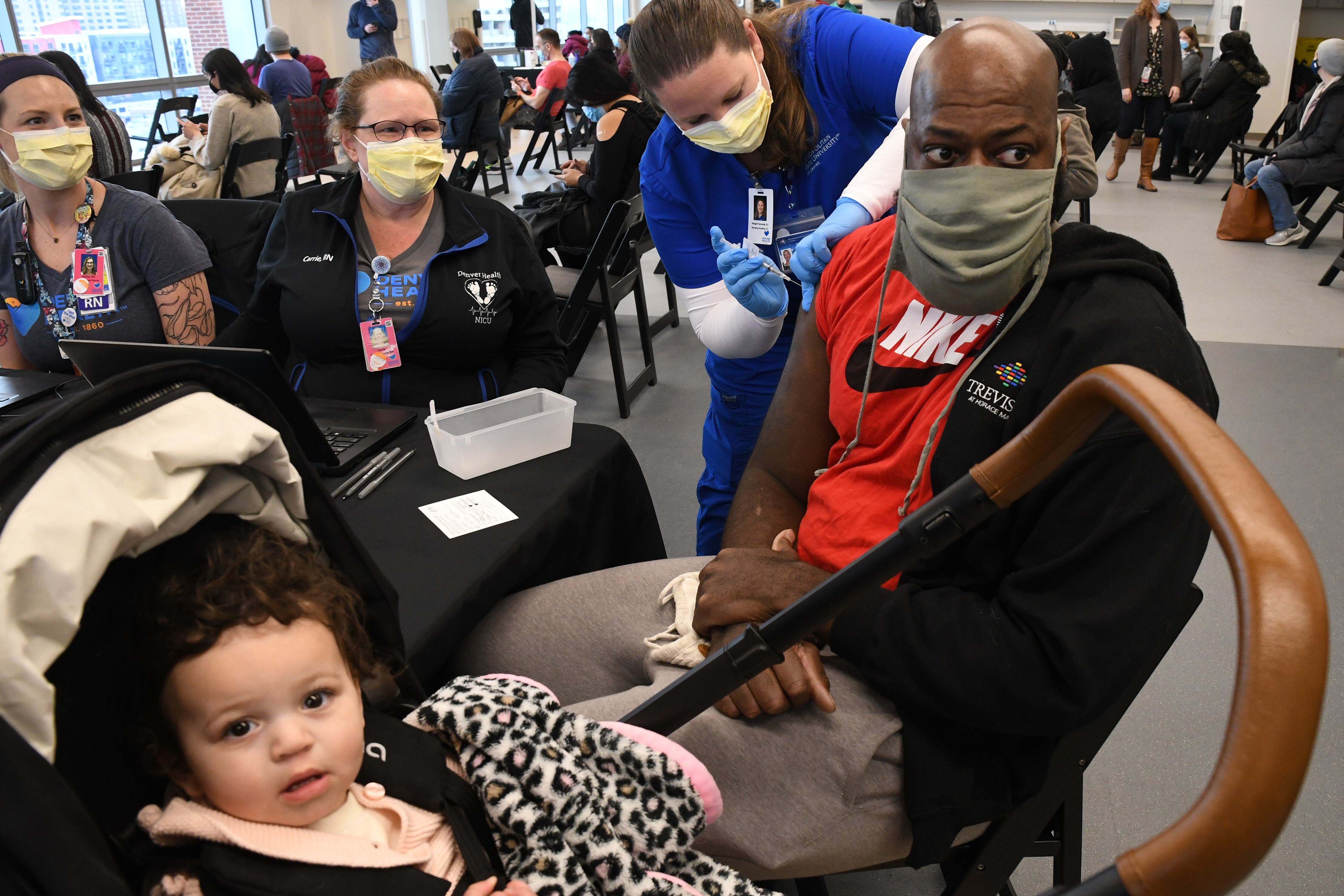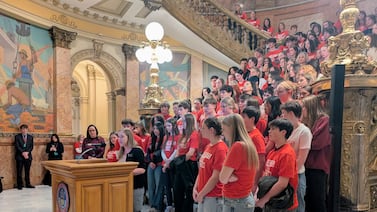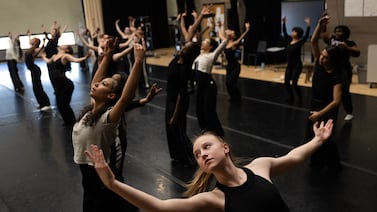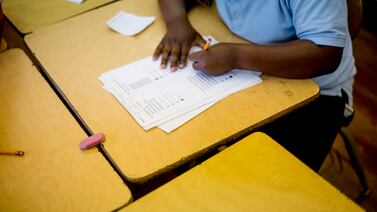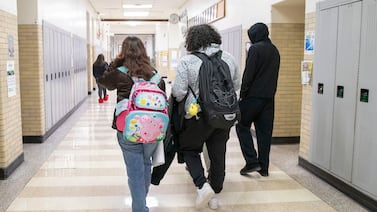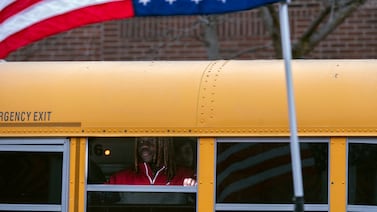Three weeks after Colorado opened COVID vaccination to classroom teachers and child care workers, roughly 75% of eligible people have received their first shot, according to data released by state public health officials.
Colorado has an estimated 120,000 K-12 school staff and child care workers, and as of Sunday, 93,175 of them have received their first shot. Eligible workers include not just classroom teachers, but bus drivers, food service workers, classroom aides, and others.
Colorado set aside 30,000 doses a week for educators starting Feb. 8 and continuing through the first week of March. Districts that serve more than 5,000 students were asked to space out their vaccination efforts so that doses could be sent around the state and reach small districts as well as large ones.
Some districts and local county health departments organized dedicated mass vaccination events for school staff, while other school districts had employees sign up through lotteries with large providers like Kaiser Permanente and Centura Health.
The Colorado Department of Public Health and Environment worked with the Colorado Department of Education to collect data from school districts and child care providers to track vaccination progress.
School nurses and others who could be classified as health care workers or first responders have been getting vaccinated since January.
The dedicated supply meant that Colorado educators got vaccinated on the relatively short timeline promised by Gov. Jared Polis, even as people in some other eligible groups are still waiting for their chance, such as those 65 and older and even some moderate-risk medical workers. Some essential workers and people with two or more qualifying health conditions will be eligible starting Friday.
Unlike in some states where vaccination has been tied to school reopening, most Colorado school districts opened their classrooms to in-person learning in January with unvaccinated staff. As more staff are fully vaccinated, school districts hope they’ll see less disruption from quarantines. However, students who are exposed to COVID will still need to quarantine.
Christine Little, a fifth grade teacher in the Jefferson County school district, said getting vaccinated provided peace of mind, even though she had felt relatively safe in the classroom.
“I’m just feeling safer, feeling more secure, knowing I won’t disappoint my kids or get my family sick,” she said as she waited in line at a recent vaccination event organized by Kaiser.
The vaccine is not mandatory. In district surveys, not all staff expressed interest in getting vaccinated. School staff and child care workers who want to get vaccinated later will still be eligible.
Student-facing instructors and staff in higher education institutions will be eligible starting in late March, depending on vaccine supplies.

